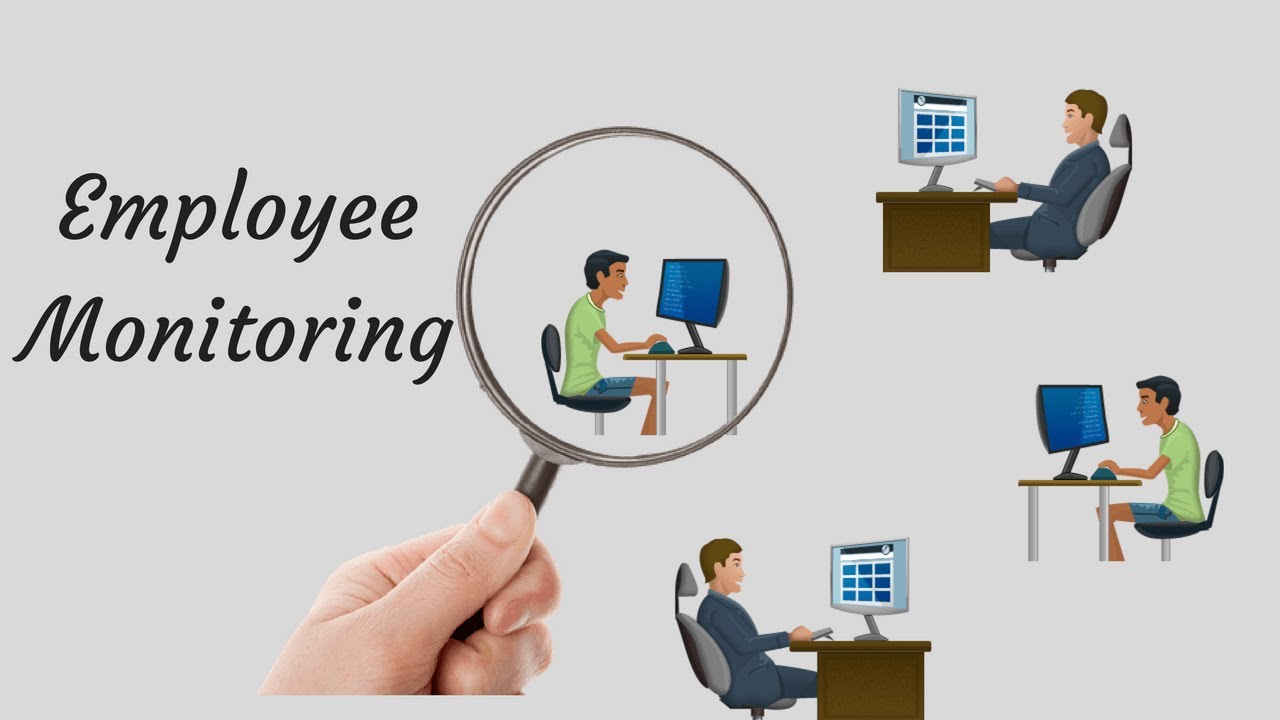
Building a reliable tech support team is more than just hiring a few specialists—it’s about creating a responsive, well-equipped unit that can handle pressure, scale with demand, and maintain consistency. From establishing clear team roles to streamlining communication and documentation, the foundation matters. Interestingly, many companies now explore tech support outsourcing not only to reduce overhead but also to tap into established expertise and infrastructure, accelerating setup without compromising quality. Combined with internal training and smart automation, this hybrid approach helps teams stay sharp, scalable, and user-focused.
Contents
Understanding the Role of a Tech Support Team
A tech customer support team is the nerve center of any business that relies on technology. These professionals are responsible for diagnosing tech issues, providing user training, and performing regular maintenance, ensuring that everything runs smoothly. Their ability to troubleshoot problems and respond to inquiries about technology is crucial for maintaining the functionality of both individual and organizational systems.
Effective communication skills are indispensable for tech support specialists. They need to engage with customers, document issues accurately, and ensure that problems are resolved efficiently. Without good communications, even the most technically skilled support team can falter, leading to misunderstandings and unresolved issues.
The structure of a tech support team is often tiered, with Level 1 handling basic inquiries and Level 3 tackling more complex issues that the lower levels cannot resolve. This hierarchy ensures that customer issues are addressed at the appropriate level, improving overall efficiency and customer satisfaction.
Supervision is another critical element. A tech support team typically operates under the guidance of a technical support supervisor or network administrator who oversees the team’s activities and ensures that standards are met. This oversight helps maintain high-quality service and provides a layer of accountability.
Essential Tools for Tech Support Teams

The right tools can make or break the effectiveness of a tech support team. Customer Relationship Management (CRM) systems are invaluable for consolidating customer data from various resources, making it easier to access and analyze customer interactions. This not only enhances the customer experience but also streamlines support operations by focusing on the right key performance indicators.
Robust customer service software is crucial for scaling your tech support team efficiently. Automating repetitive tasks and managing support requests allow customer service reps to concentrate on more complex issues, thus enhancing service quality.
Tracking customer interactions significantly enhances service improvement. Effective customer support systems allow for this order tracking, ensuring that valuable feedback is captured and acted upon. This not only helps in resolving current issues but also in preventing future ones.
Integration with existing platforms enhances communication channels and collaboration among support teams. By selecting the right tools, you can ensure that your tech support team is equipped to provide a smooth and efficient customer experience.
Creating a Comprehensive Knowledge Base
A well-structured knowledge base is a cornerstone of effective customer support. It serves as a self-service resource, empowering customers to find solutions independently, thus reducing the volume of support requests. This not only improves efficiency but also allows support agents to focus on more complex issues.
The content of a knowledge base should be comprehensive and varied. It should include examples of:
- Instructions for solving common problems
- FAQs
- Help articles
- User manuals
- Video tutorials
This variety ensures that customers can find answers in the format that best suits their needs, for example, all the difference. If you need to reach out, please contact us.
Updating the knowledge base regularly keeps content relevant and addresses evolving customer needs. Documenting and updating frequently ensures that new customer concerns are addressed promptly, which in turn improves product development.
A centralized knowledge base enhances consistency in customer support by providing standardized answers to common queries. This not only helps in maintaining service standards but also facilitates quicker access to key information for both support agents and customers.
Training and Development for Tech Support Reps
Maintaining high service standards hinges on effective training and development. Effective training can significantly improve customer satisfaction and loyalty by ensuring that tech support representatives are well-prepared to handle various scenarios. This not only keeps customers happy but also enhances the overall customer experience while providing good customer service, great customer service, exceptional service, and addressing issues related to poor customer service, all while striving for excellent customer service.
Employee engagement and job satisfaction thrive on continuous learning. By focusing on both technical and soft skills training, businesses can ensure that their support teams are adept at both product knowledge and customer interactions. This dual focus is essential for delivering high-quality service for the company.
Regular refresher training for experienced team members helps maintain service standards and adapt to changing customer expectations. This ensures that even seasoned employees remain up-to-date with the latest developments and best practices in services.
Involving frontline support agents in the creation of training content can lead to more relevant and impactful training programs. These agents have firsthand experience with customer issues and can provide valuable insights that make the training more effective.
Implementing AI and Automation in Tech Support

Artificial Intelligence (AI) and automation are revolutionizing tech support. ai tools can:
- Automate ticket management, reducing workload
- Improve response times
- Accelerate issue resolution
- Ensure consistent responses
Within CRM systems, automation tools handle repetitive tasks, enabling support teams to address more complex customer issues. This enhances service delivery by freeing up human agents to personalize interactions and tackle more challenging problems.
The cost benefits of automation are significant. Automated IT service desks can reduce service costs by up to 30%, making them a cost-effective solution for businesses. Organizations utilizing these tools often report higher employee satisfaction due to faster and more reliable support.
Automation also facilitates scalability, enabling service desks to handle increasing workloads without a proportional increase in staff. Proactive monitoring further reduces IT incidents by up to 90%, providing timely solutions that allow many organizations to maintain system availability and improve first-call resolution rates.
Scaling Your Tech Support Team

Meeting the evolving needs of a growing customer base necessitates scaling a tech support team. Key considerations include:
- Hiring in-house and outsourcing both come with pros and cons that impact service quality and operational efficiency.
- Implementing robust training programs is essential for maintaining high service standards during growth phases.
- Regular monitoring of performance ensures that the expanded team continues to deliver exceptional customer experience.
To retain loyal customers and attract potential customers, it’s important to streamline operations and provide seamless service. By focusing on customer relationship management and continuous improvement, businesses can ensure that their tech support teams remain effective and efficient, fostering customer loyalty and customer retention.
Maintaining high service standards is key to keeping customers happy and loyal. By adopting an effective customer service strategy, businesses can scale their support teams successfully, ensuring long-term success and customer satisfaction.
Summary
Recap the main points covered in the blog post, emphasizing the importance of each aspect in building a successful tech support team. From understanding the role of tech support to implementing AI and automation, each step is crucial for delivering exceptional customer service.
Offer inspirational closing remarks that encourage readers to take actionable steps towards building a tech support team that not only meets but exceeds customer expectations. Highlight the long-term benefits of a well-rounded tech support team for business success.







